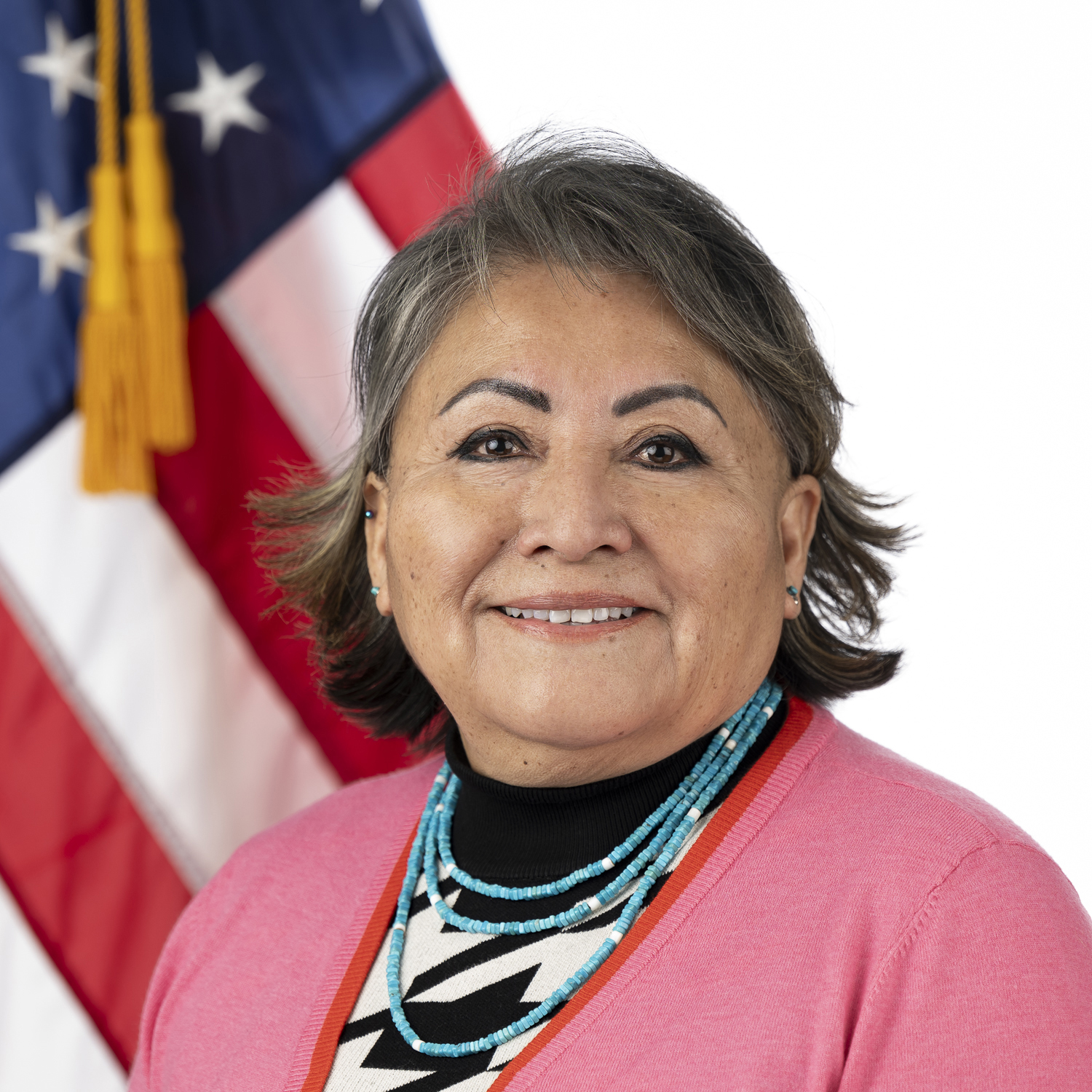On this National Voter Registration Day, I want to take a moment to commend the work done by IHS areas to support nonpartisan civic engagement throughout Indian Country. IHS and tribally administered health programs serve approximately 2.8 million American Indians and Alaska Natives, many of whom are not registered to vote. Over a third (34%) of eligible voting age Native Americans are not registered to vote — approximately 1.2 million Native Americans.
In accordance with Executive Order 14019, which calls on federal agencies like the Indian Health Service to consider ways to expand citizens’ opportunities to register to vote, IHS has worked with our area offices to identify service units, tribally run facilities, and urban Indian organizations that are well-suited to be designated by states as voter registration sites under the National Voter Registration Act of 1993 (NVRA).
To date, IHS facilities in the Albuquerque, Navajo, and Phoenix Areas have been designated as voter registration agencies under the NVRA. I am extraordinarily proud of the hard work that has gone into this accomplishment. Like other voter registration agencies, staff at these locations distribute voter registration forms, offer assistance, and transmit voter completed registration forms to the appropriate state and local election officials — all in a nonpartisan manner.
In community conversations, it has not been uncommon for me to be asked, “Why is IHS doing this work?”
As we know, nonpartisan civic engagement work like voter registration happens in community centers and other government offices like your local Department of Motor Vehicles and libraries. It follows that for Indian Country, these activities can and should occur where our people gather. IHS clinics and other facilities are such locations.
For many rural and reservation communities, other mainstream voter registration sites like DMVs, county registration offices, and public assistance agencies can be over 30 miles away. Moreover, homes on reservations often do not receive residential mail delivery and homes often do not have addresses on them. This makes receiving a registration form and filling it out correctly more difficult.
Given these challenges, unregistered Native Americans who are eligible to vote would benefit from the convenience of voter registration at the trusted IHS and tribal facilities they frequent.
However, the most important reason I cite for why I am proud of the work IHS has done in this arena is this: Civic engagement is a proven contributor to the social determinants of public health.
According to an article published by the research agency RAND, “Civic engagement can serve as a mechanism for translating changes in a health-related mindset and sense of community into tangible actions that could lead to new health-promoting partnerships, improvements in community health conditions, and the degree of integration among health services and systems for better health outcomes.”
In other words, increased voter participation can enhance health outcomes for populations, aligning perfectly with the mission of the Indian Health Service to elevate the physical, mental, social, and spiritual health of American Indians and Alaska Natives to the highest level.
National Native organizations have also recognized the role IHS can serve in uplifting a health-forward and empowered perspective among our people, As the National Congress of American Indians and Native American Rights Fund explain, “…the Indian Health Service provides the most meaningful opportunity to engage with and register the most under-served eligible Native American voters.”
For all these reasons, I hope you will join me in commemorating National Voter Registration Day 2024 by celebrating the good work of our areas to not only reduce unnecessary barriers to civic engagement for American Indians, but in doing so, to increase the health and wellbeing of Native Americans.
And most importantly, please register (or double check your registration), and do not forget to vote.
Resources:



